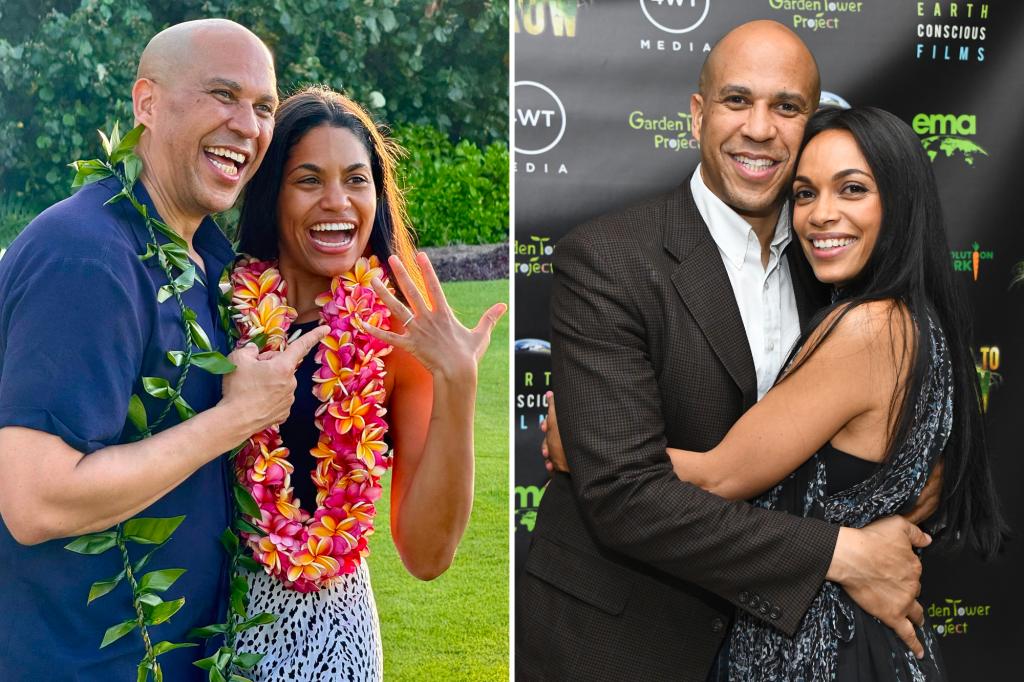Trump issues sweeping pardons to 77 key allies in 2020 election controversy – Full list inside

President Donald Trump delivers a controversial address at the 80th UN General Assembly in New York City. Image Credit: UN Photo/Loey
In a move that has reignited debate over the aftermath of the 2020 U.S. presidential election, former President Donald Trump issued broad pardons on Sunday night to 77 individuals implicated in efforts to challenge the election results. The announcement, made by U.S. Pardon Attorney Ed Martin, included several of Trump’s closest allies, such as Rudy Giuliani, Sidney Powell, Kenneth Chesebro, and former Chief of Staff Mark Meadows.
The full list of pardoned individuals was shared on X shortly before 11 p.m. by Martin, who serves as Trump’s so-called “clemency czar.” The announcement followed a social media post from May 26, 2025, in which Martin wrote, “No MAGA left behind,” signaling the administration’s commitment to protecting key figures from legal consequences tied to the 2020 election dispute.
The individuals granted what the proclamation described as “full, complete, and unconditional” pardons were allegedly involved in a plan to submit alternate slates of electors from battleground states won by President Joe Biden. These states included Georgia, Arizona, Nevada, Wisconsin, and Michigan. Prosecutors have said the effort was aimed at overturning certified election results through a controversial scheme now widely known as the “fake electors” plot.
“This proclamation ends a grave national injustice perpetrated upon the American people following the 2020 Presidential Election and continues the process of national reconciliation,” the pardon document stated, underscoring Trump’s assertion that the legal proceedings against his allies were politically motivated.
Among those receiving clemency were prominent figures who played central roles in Trump’s campaign legal strategy, including attorneys John Eastman and Boris Epshteyn. Four of the recipients had previously entered guilty pleas in Georgia, where prosecutors charged them as part of an expansive scheme to manipulate the election outcome.
High-profile pardons also extended to campaign aides who coordinated the submission of alternate elector slates to Congress, including Mark Meadows. Rudy Giuliani and Sidney Powell, who represented Trump in multiple legal challenges contesting election results, were also granted immunity from further federal prosecution related to these efforts.
While the move has been hailed by Trump supporters as a step toward justice for those they view as politically targeted, critics argue that the pardons undermine accountability for attempts to disrupt the democratic process. Legal experts note that the pardons do not cover restitution owed by some of the recipients in fraud cases connected to their election-related activities, potentially leaving victims without compensation.
Trump’s proclamation explicitly stated that he did not grant a pardon to himself, leaving open questions about his personal legal exposure. The clemency action arrives as Trump maintains a high profile within national politics, raising speculation about the impact on his potential 2028 campaign and the broader Republican Party landscape.
The sweeping pardons mark one of the most extensive acts of clemency tied to a single political event in recent U.S. history and are certain to fuel ongoing debate about presidential authority, electoral integrity, and the limits of the pardon power.
FAQ
Q1: Who were the key figures pardoned by Donald Trump?
A1: High-profile pardons included Rudy Giuliani, Sidney Powell, Kenneth Chesebro, Mark Meadows, John Eastman, and Boris Epshteyn, among others.
Q2: What was the reason given for the pardons?
A2: The proclamation stated the pardons aimed to correct a “grave national injustice” and support “national reconciliation” following the 2020 presidential election.
Q3: Does the pardon cover Donald Trump himself?
A3: No, the proclamation explicitly states that Trump did not grant a pardon to himself.
Q4: Were any of the recipients guilty of crimes?
A4: Yes, four individuals had previously pleaded guilty in Georgia as part of the fake elector case.
Q5: How might this affect U.S. politics?
A5: The pardons are likely to intensify political polarization, influence Trump’s support base, and spark debate over presidential clemency limits.




